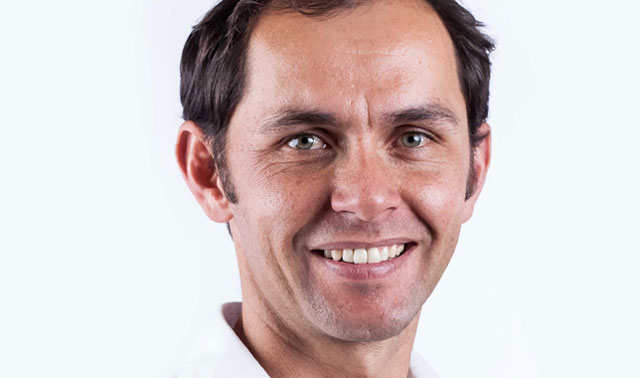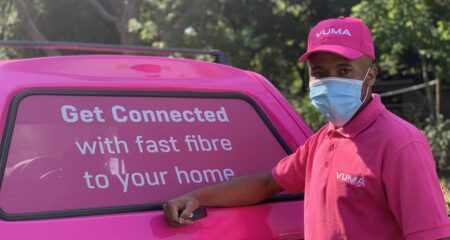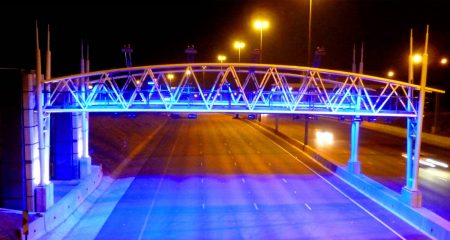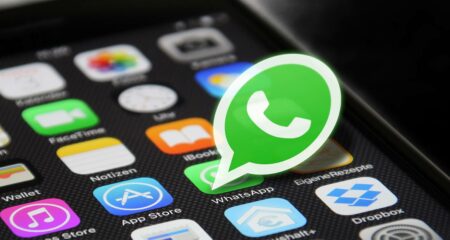
HeroTel has been working to build out its wide-scale Wi-Fi access business, which is set for launch in early 2016.
“Through Snowball and Cloud Connect we already have coverage in the greater Cape Town area, and in George, Knysna, Mossel Bay and everything in between,” said HeroTel chairman Alan Knott-Craig.
The company will launch officially on 1 April 2016, but Knott-Craig is already on the charm offensive with the wireless Internet service provider (Wisp) industry.
“We’ve got lots of carrots, and a couple sticks which make the Hero Alliance attractive. But when I talk to the founders of the Wisps we’ve already bought (Snowball and Cloud Connect) they say our biggest selling point is that we have a credible plan to deal with the unavoidable truth that data prices are tending toward nil, and they can be part of a national business with a grand vision.”
The company has set up a sign-up page on its website so that customers can indicate the area where they’d like to access the service.
This is a common tactic employed by fibre broadband providers as well.
HeroTel, though, does not intend to build a new network, but rather consolidate existing infrastructure and the company has tapped big South African names to accomplish its goal.
Funding the venture is a consortium that includes former First National Bank CEO Michael Jordaan, ex-CEO of Rand Merchant Bank Mike Pfaff and chief information officer Derek Prout-Jones.
Meanwhile, the HeroTel CEO is Corne de Villiers, who has founded Bronberg Wisp in Tshwane.
Knott-Craig is a serial entrepreneur and is known for his attempt to roll out free Wi-Fi services in Stellenbosch during his time as Mxit CEO.
Data costs have emerged as a serious constraint to expanding internet access and a number of mobile providers in Africa have taken the route of offering data-only services.
Knott-Craig said that such metered networks would continue to face challenges.
“The old ways only make sense when the operator can generate revenue from high-margin voice calls. Pure-play data networks do not have the luxury of selling minutes, which is why today’s data networks continue to struggle to provide a suitable return on capital for investors.”
He insisted that the business model for HeroTel allowed for reduced data costs, as well as profitability.
“Some people think that people are willing to pay higher prices for data every year. We don’t think so. We think people expect lower prices and faster speeds, every year. We’ve proven a model whereby we can make decent profits at the same time.” — Fin24




